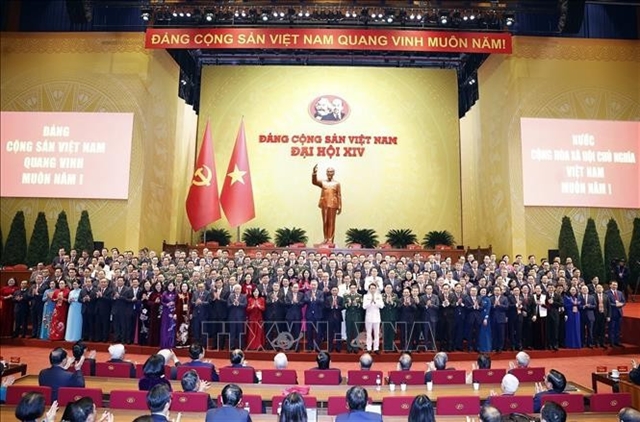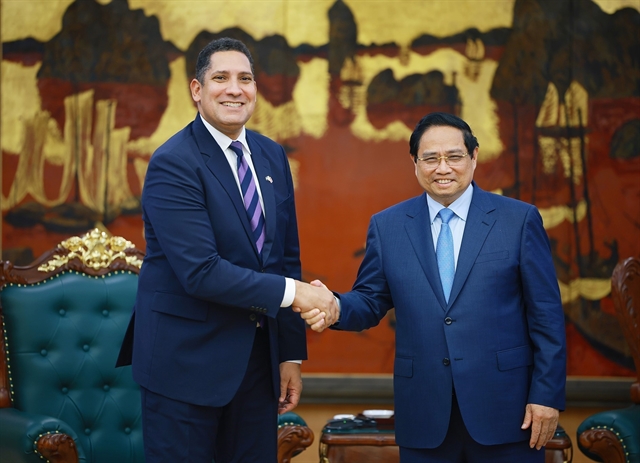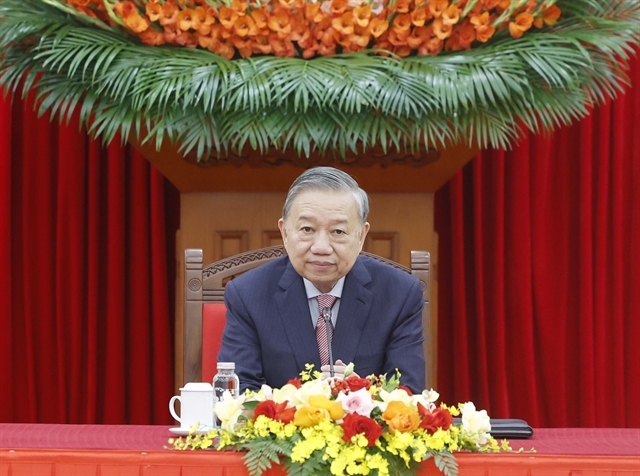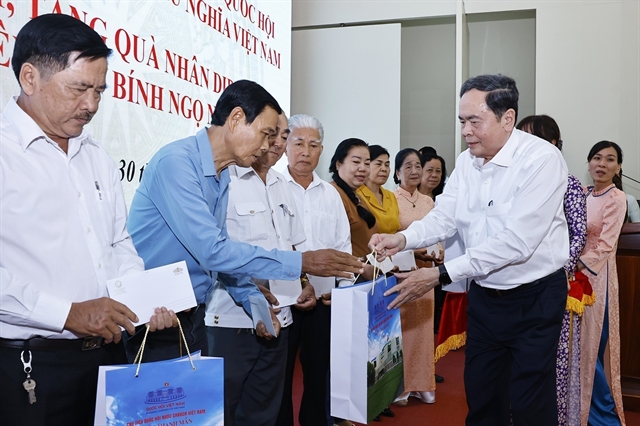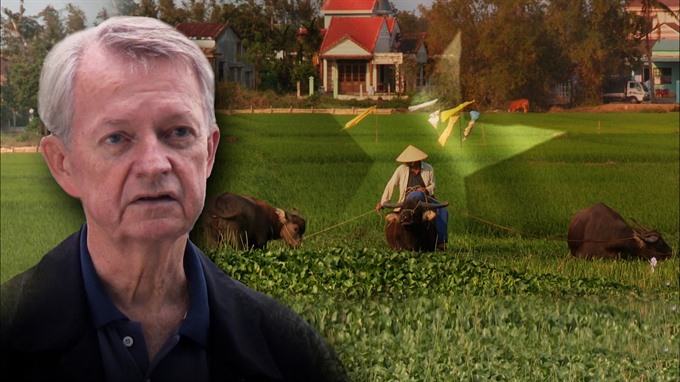 |
| Chuck Searcy, Vice President of Project RENEW and Co-chair of the Agent Orange Working Group. — Photo pbs.org |
Việt Nam News reporter Hoàng Anh talks to Chuck Searcy, Vice President of Project RENEW and Co-chair of the Agent Orange Working Group.
When did you come to Việt Nam and what motivated your decision?
The first time I came to Việt Nam was in 1967, as a 20-year-old soldier in the US Army. The year I spent in the war had a profound impact on me. That experience made me hate war. I saw the lies used by the US government to win support from the American people to continue the war, and I saw the death and destruction, the pain and the sorrow being caused to American families, but especially the terrible and tragic costs to the Vietnamese people. When I left the war zone in 1968, I knew that someday I would return - and I hoped it would be in a time of peace and recovery for Việt Nam.
What was your impression when you first returned to the country?
When I first came back to Việt Nam in 1992 as a tourist, with an old friend from army days, I found a country still suffering from the war, still struggling to recover from the devastation of years of ground fighting, artillery shelling, thousands of bombing runs by American airplanes which had caused countless deaths and massive destruction. In 1992 Việt Nam’s infrastructure was in terrible shape; roads and bridges were still being repaired; electricity was not yet available everywhere; communications were unreliable. Every aspect of Vietnamese life was still recovering, and people were working very hard to get by from day to day.
But I could see the determination in the faces of everyone, the commitment to rebuilding and creating a better future for their families and a new generation of young people with new hope. There was a joy and a resilience among the people of Việt Nam that I found inspiring.
Could you tell us about the core values of project Renew and Orange Agent Working Group and the impact for which it aims?
Project RENEW was created as a partnership between the government of Quảng Trị Province and an American veterans organization, the Vietnam Veterans Memorial Fund (VVMF), to focus mainly on one tragic legacy of the war that was still killing and injuring people every week: bombs and mines, unexploded ordnance (UXO) left over from the war. We agreed to work together to try to develop a new model of action to end this problem, which had killed or injured more than 100,000 Vietnamese children and adults since the war ended in 1975.
Quảng Trị Province was the worst affected area in Việt Nam, so we understood that if we could find a way to manage the situation there, to reduce the threat to innocent people and to keep Quảng Trị Province safe, we could do the same thing everywhere in Việt Nam, in every province. Along the way the US government agreed to accept responsibility to help deal with the problem, and now the US government is the single largest donor in Việt Nam funding this effort.
I am very pleased to report that my Vietnamese colleagues at RENEW, along with our main partner today, Norwegian People’s Aid (NPA), and other NGOs, the Vietnamese military, government authorities and local citizens, are achieving that goal. From 70 or 80 accidents a year between 1975 to 2001 when Project RENEW was launched, the number of casualties has been steadily reduced each year. In 2016, there was just one accident with two casualties. We are hoping that this year, 2017, will be the first since 1975 with no accidents in Quảng Trị Province.
Project RENEW combines UXO clearance and survey work -- trained, professional teams cleaning up bombs and mines every day - with risk education, teaching children and adults how to be safe, how to avoid accident and injury, how to report dangerous ordnance immediately when they find it so our teams can come and safely dispose of it. We can say that the effort is successful, although the problem will have to be managed for many years to come.
One of Project RENEW’s missions is to help victims who have already been injured by accidents caused by bombs and mines. We provide medical care and rehabilitation, prosthetic limbs and other orthopedic devices to assist amputees to walk again, vocational training and job creation for people with disabilities.
That effort has led the RENEW staff to expand assistance efforts into support for families suffering terrible problems related to Agent Orange. So far those efforts have been limited, but we are hoping to convince the US government to provide greater funding to help reduce the burden with which these families are living.
As a veteran of the war, what would you like to say to young people from both nations regarding our past conflict?
To young people in both countries I would say: learn from, and pay attention to, history. The stories and experiences that your older family members share with you are important, yes; they help you to understand the sacrifices of the past, the tragedies of war, and the urgency and absolute necessity of preventing war at almost any cost.
But in addition to what you learn from others, it is also important to study objective facts, documents, broken agreements that sometimes led to war, so that we can distinguish between lies and truths and understand how to avoid such misrepresentations as occurred in the past. If we learn the lessons of the past, hopefully we can avoid those same mistakes in the future. That applies to both nations, but that responsibility is especially important to young Americans since our country continues to be in military conflicts year after year since our involvement in the war in Việt Nam ended in 1975.
What are your impressions of Việt Nam as a modern nation in development?
Việt Nam faces many problems of geography, a large population, resources and climate in stress, an economic system still struggling to find balance, to create a more equitable sharing of the basic needs of life among all its citizens. The government has tried to provide good planning and guidance, but sometimes greed has allowed corruption to enter and a few people benefit while many are unfairly denied access and opportunity.
The younger generation of Vietnamese citizens is well educated, knowledgeable, eager to learn and work and invest in a better future for all. They should be encouraged to become much more involved at an earlier age in community and national affairs, in government, in leadership, teaching, research, innovation. We older people can offer advice and wisdom, but we should not get in the way of new and fresh ideas from young people who have much to offer the nation. — VNS
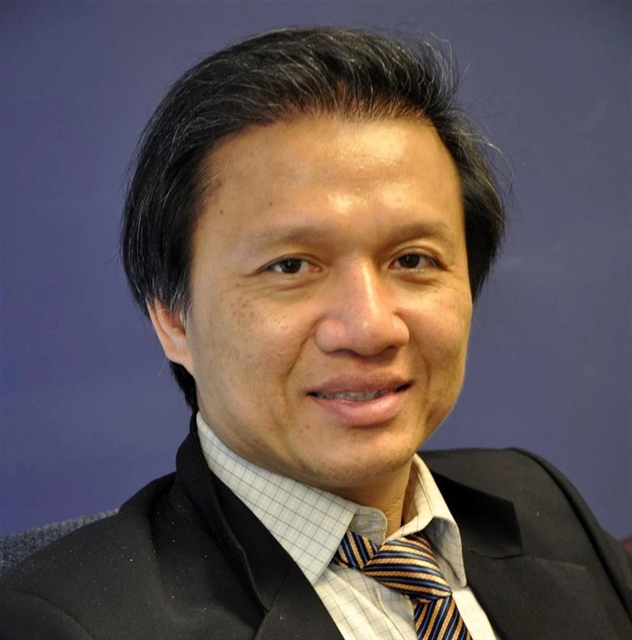 Society
Society
